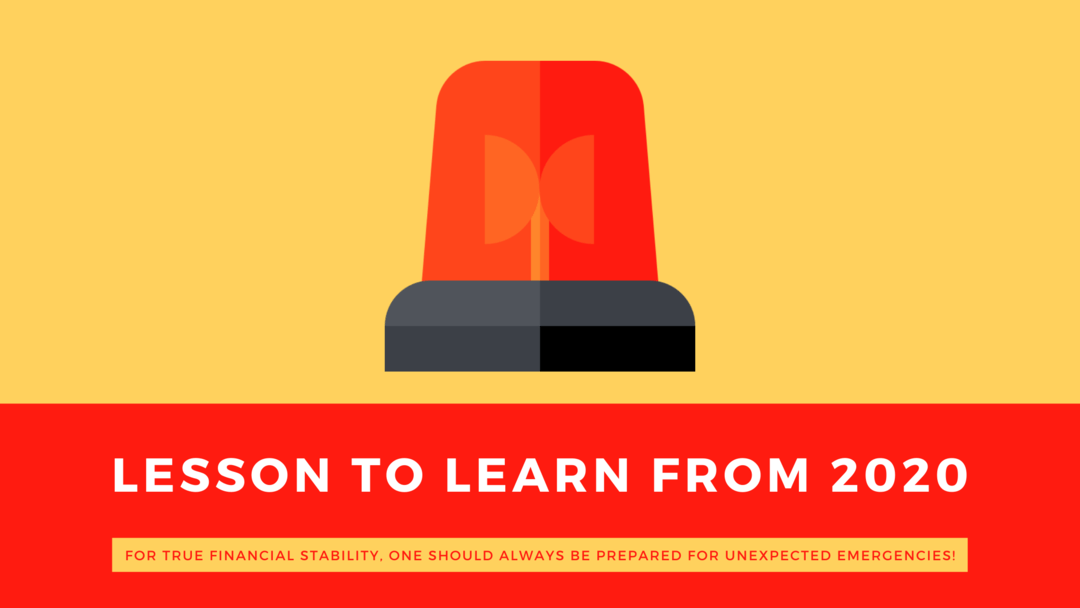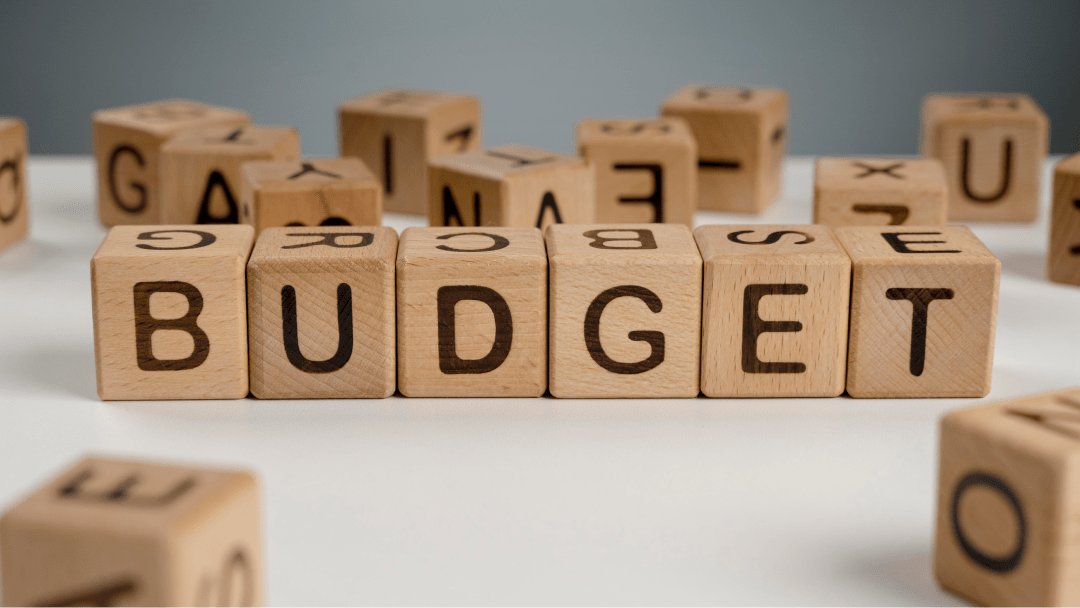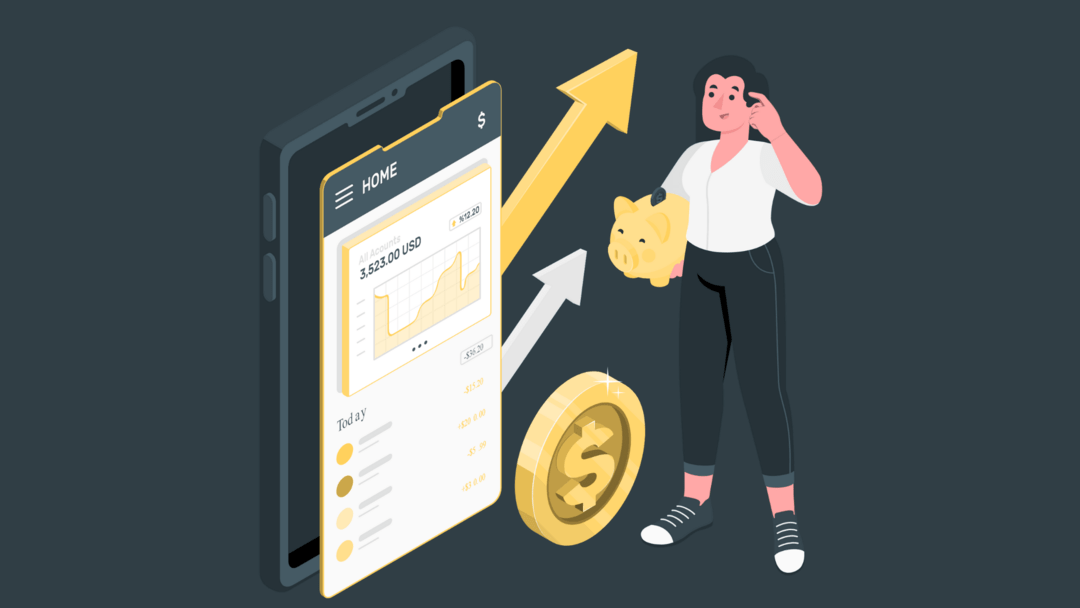Emergencies don’t knock on the door before coming in. These adverse situations are immensely uncertain, and this unpredictability makes it essential for you to be prepared for them beforehand.
What is an emergency fund?
Emergency Fund is a financial cushion that will enable you to absorb any unforeseen financial pressure. It will ensure you don’t accumulate any unwanted debt and will ensure a certain level of peace of mind during these challenging times.
In this article, we bring you a detailed overview about the points which one should keep in mind while saving for the rainy days and we hope this will help you to make your financial journey much smoother.
Why is it important?
Financial struggles are not only an outcome of job losses but any situation that can increase your expenses more than your earnings which can lead to financial adversities. This can be a medical emergency, family debt, economic slowdown, and many others.
The best way to stay prepared for these situations is by making sure that not only you but your money as well work hard.
Moreover, an emergency fund is useful in safeguarding your investment returns as well. In times of need, it will offer you easy access to liquid funds, and it will help prevent any liquidation from your long-term investments, keeping your long-term financial plannings like retirement, marriage, and others secure.
How to build it?
Everyone knows the definition of saving, but very few truly understand it. It is not about saving a portion of your income but consistently putting aside a certain percentage of income that will cover your essential expenses in times of adversity or financial struggles.
How much money should I have in my emergency fund?
The amount you should have in your emergency fund largely depends on your profession.
If you are salaried personnel, your emergency fund should have enough money to cover 3-6 months of your household expenses including any Debt repayment like EMIs, etc.
On the other hand, if you are a business person, your emergency fund should have enough money to cover at least 6-12 months of your essential expenses as your income is dependent upon your business performance that fuels the uncertainty during a financial crisis.
The most basic strategy to decide this amount efficiently is to consider your monthly budget, which can be analyzed through a monthly ledger where you need to write everyday expenses, which you might be already doing using the Expenses Manager.
The key to this is to be brutally honest with your recording as it will showcase your spending habits which even you haven’t realized yet. Once you have a clear picture of your expenses, decide the amount you would need to save each month to ensure you at least have 6 months of backup.
Where should I keep this fund?
Your savings must be inflation-ready, i.e., they should not lose their value as time passes. For instance, if inflation increases 5% YoY (Year on Year) then your savings should also grow by at least 5% YoY to ensure the value of your savings doesn’t decrease with the increasing inflation.
Moreover, it is crucial to understand your savings should be invested in a low-risk instrument and should remain liquid, i.e., you should have immediate access to it in times of emergency.
The best way to cover all these aspects is by investing your savings in assets with low risk, stable returns, and high liquidity. A few of the well-known and trusted instruments which have been used by many people for many years are Fixed Deposits (FDs), liquid funds, Government Bonds, etc.



